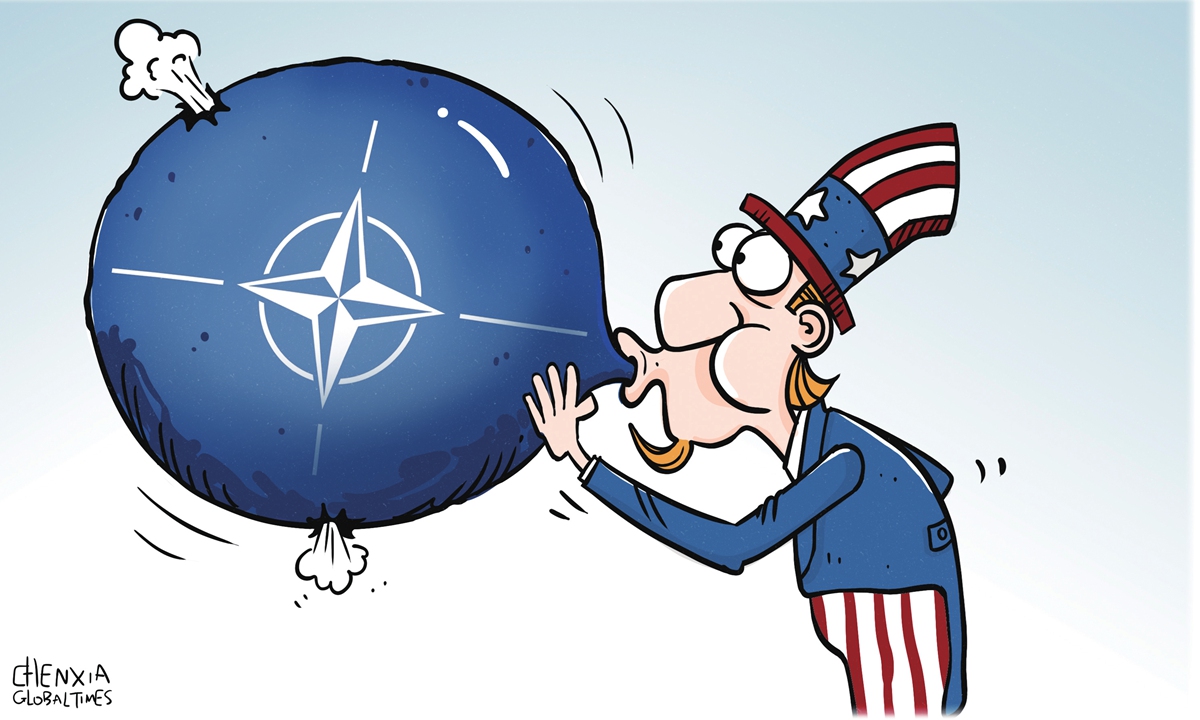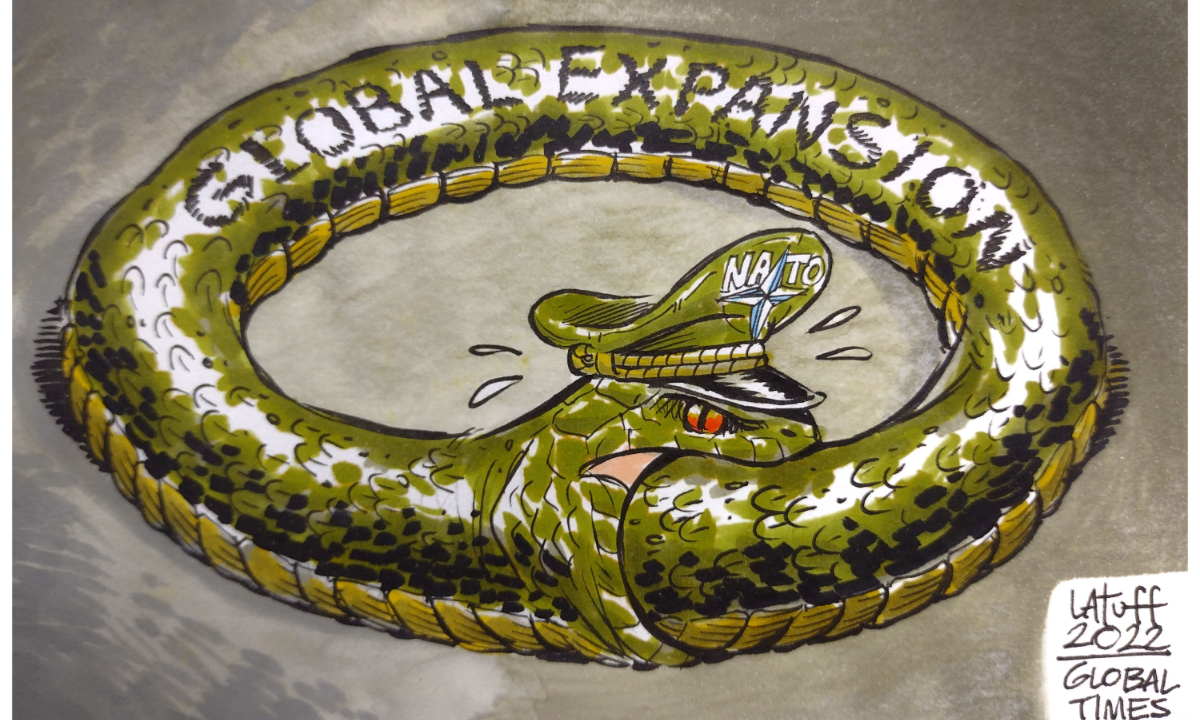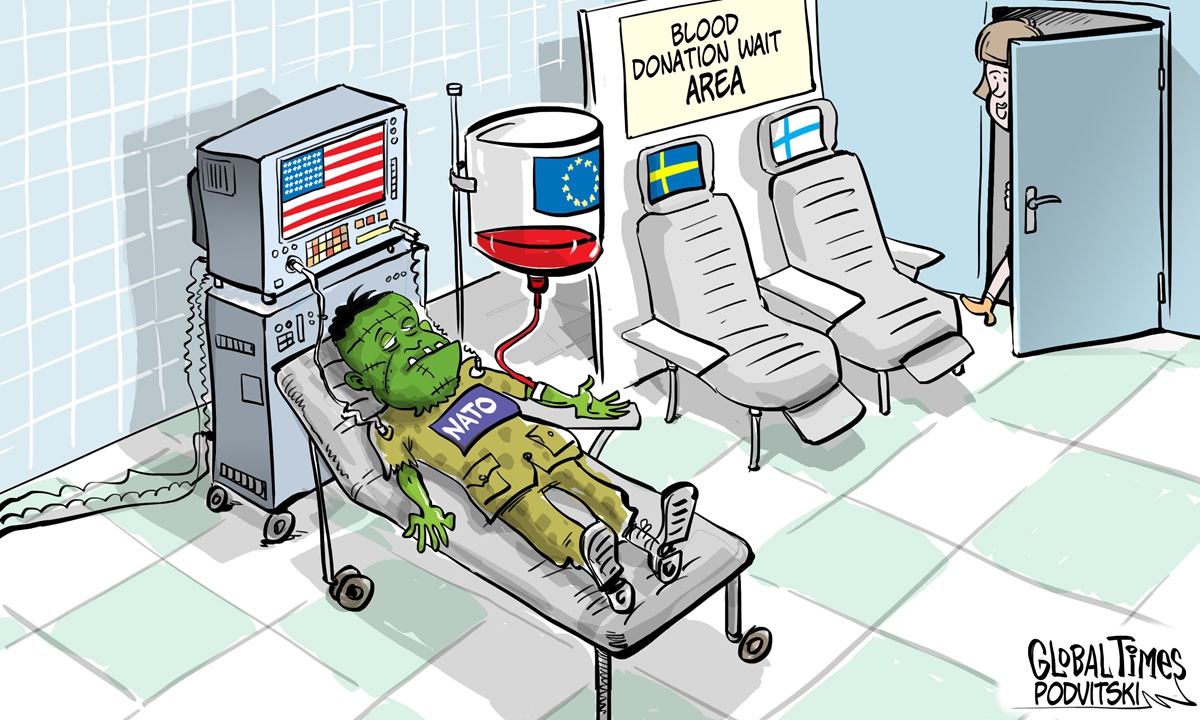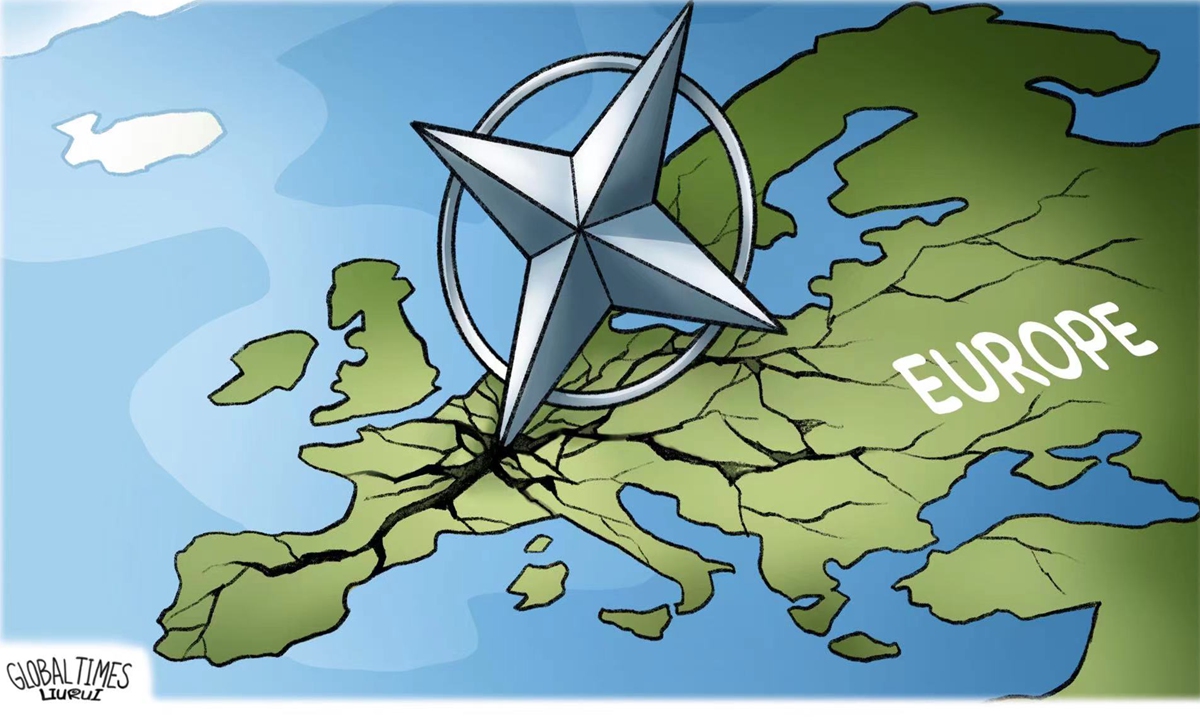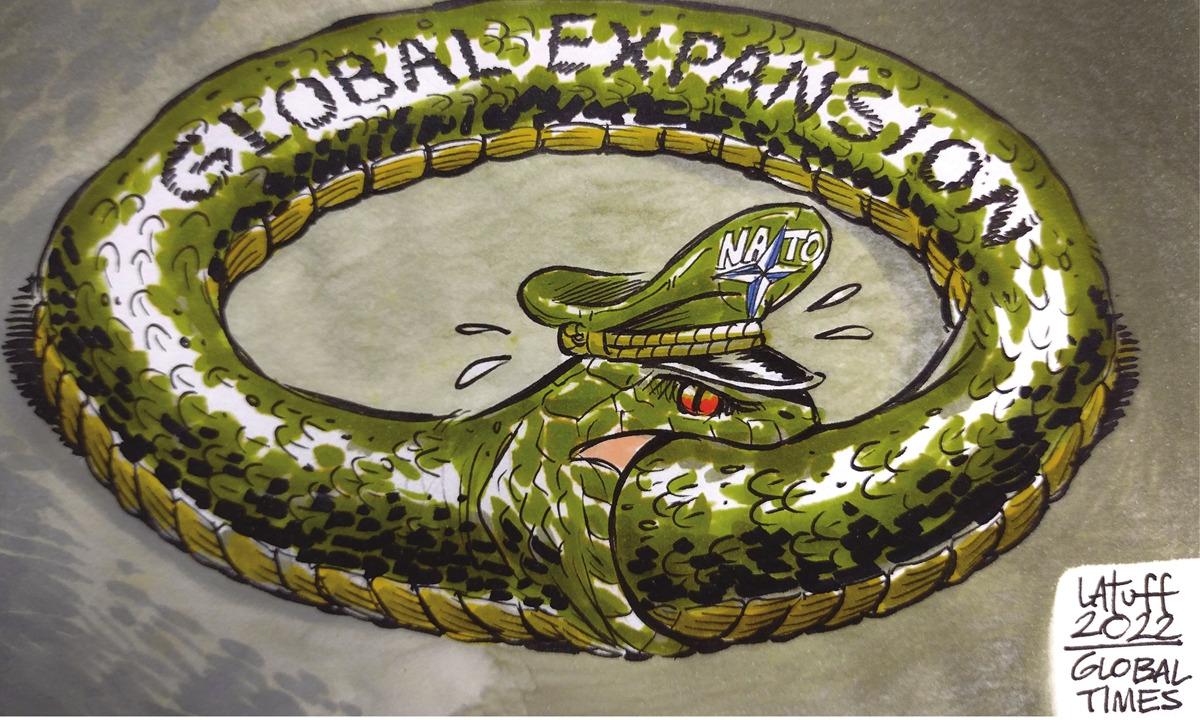CLICK TO ENLARGE
DEPRESSED wages, and a rising cost of living – these are the biggest tribulations facing the man on the street these days.
Needless to say, the lower income group is the one most affected but things have come to a stage where the Middle 40 (M40) group, especially those with families, is being dragged down and feeling the pinch too.
The biggest problem is that food –an unavoidable spending – is what takes up the bulk of the families’ budgets.
Chicken – a source of protein that cuts across all walks of life, creed and faith – tops the list of food. And keeping chicken prices down has become impossible.
Malaysia recorded a 2.8% year-on-year (y-o-y) increase in the consumer price index, which measures inflation. Food inflation rose by 5.2%, which means food prices are rising faster than anything else.
And experts warned that the food bills will keep going up.
With food insecurity on one side, rising cost on the other, the question is: what can be done to survive this double-edged sword?
True, much of the work of controlling the surging inflation is in the hands of the government and market forces but what can be done at the individual level?
Some may suggest side gigs and part-time jobs to grow wealth but the more immediate and feasible measures will be a relook at personal spending and lifestyle changes, including dietary habits.
Cutting back on non-essential items, budgeting, doing cooking more at home and making diet changes may help.
Bank Islam chief economist Dr Mohd Afzanizam Abdul Rashid suggests a rethink on personal expenditure.
“The other is to look for additional income via part-time jobs. The third is to save and invest so the money will grow and hopefully, outperform the inflation,” he said.Sunway University Economics Prof Dr Yeah Kim Leng said that on the consumers part, they could explore cheaper substitutes, cut back on discretionary spending or reduce consumption.
They could also look for alternative sources of nutrients.
Singletons living with friends or housemates could pool groceries and cook meals together.
When it comes to takeouts, cutting down on using food delivery apps may help, as delivery charges make meals costlier. It’s cheaper to go out and buy them directly from the outlets.
Aside from that, buying groceries at a wholesale market instead of wet markets or grocery stories may also be a cheaper alternative.
Deputy dean of Universiti Putra Malaysia’s Faculty of Medicine and Health Sciences Assoc Prof Dr Barakatun Nisak Mohd Yusof noted that nutritious food will cost slightly more and a good meal must comprise food from all groups of the food pyramid
Citing a study, she said the food group that is likely to be affected is protein, as animal based protein such as meat and fish are the ones getting expensive.
She fears people may turn to starch which is relatively cheaper. There is also a fear that more people may turn to fast food or cheap but unhealthy alternatives like instant noodles.
Dr Barakatun said plant based protein such as dhall, beans, tauhu, tofu and tempeh are good alternatives.
“These are good sources of protein and are not only cheaper, but also contain fibre,” she said.
She said habitual meat eaters not accustomed to plant-based diets could incorporate such food slowly into their diet.
“It is not like you have to eat them daily. You can have them on alternate days or as part of a weekly meal plan,” she said.
As for vegetables, she also suggested consumption of “ulam”, a fairly affordable dish that could be easily grown in homes.
She said vegetables such as carrot, lady’s finger, cabbage and long beans could be bought in bulk as they can last longer.
While processed frozen food like sausages should be avoided, frozen chicken meat and fish can be consumed.
She also suggested freshwater fish such as catfish or keli, which remain affordable.
“We can also focus on local fruits,” she said.
She also suggested meal planning, such as pre-planing the simple dishes that can be cooked throughout the week. Groceries for the week can then be bought based on the plan.
Another interesting tip which Dr Barakatun shared was to segregate and pack ingredients according to the menu planned.
She felt meal prepping could then be turned into a fun family activity with kids.
These lifestyle changes will definitely not be easy but they could help stretch the ringgit and leave some extra cash in the wallet in these tough times.
Source link
http://mystar.newspaperdirect.com/epaper/viewer.aspx
Related posts
When you have insufficient magnesium, mineral for relaxation
A lack of this important mineral could be causing you health problems without you even knowing it.









